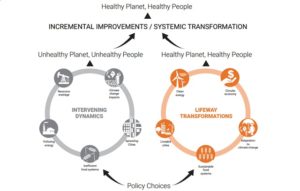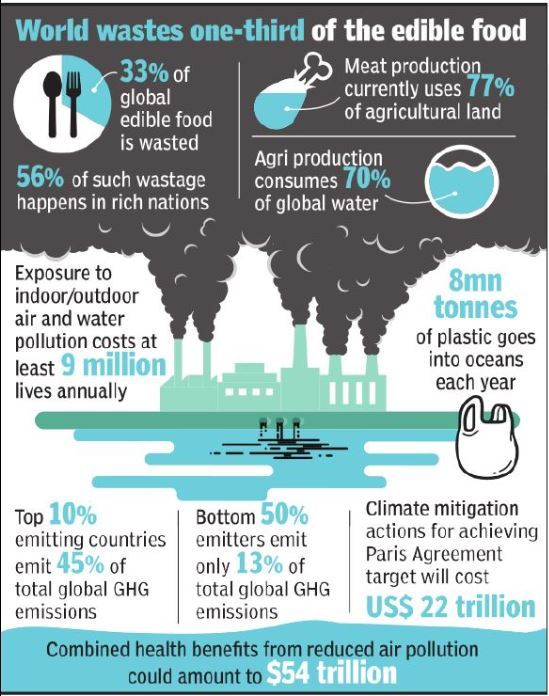7667766266
enquiry@shankarias.in
Why in news?
The sixth edition of the Global Environment Outlook (GEO-6) from the UN Environment Programme (UNEP) on the theme “Healthy Planet, Healthy People” was released recently.
What is the report for?
What are the report highlights?

What does it call for?

What lies ahead?
Source: Economic Times, The Hindu